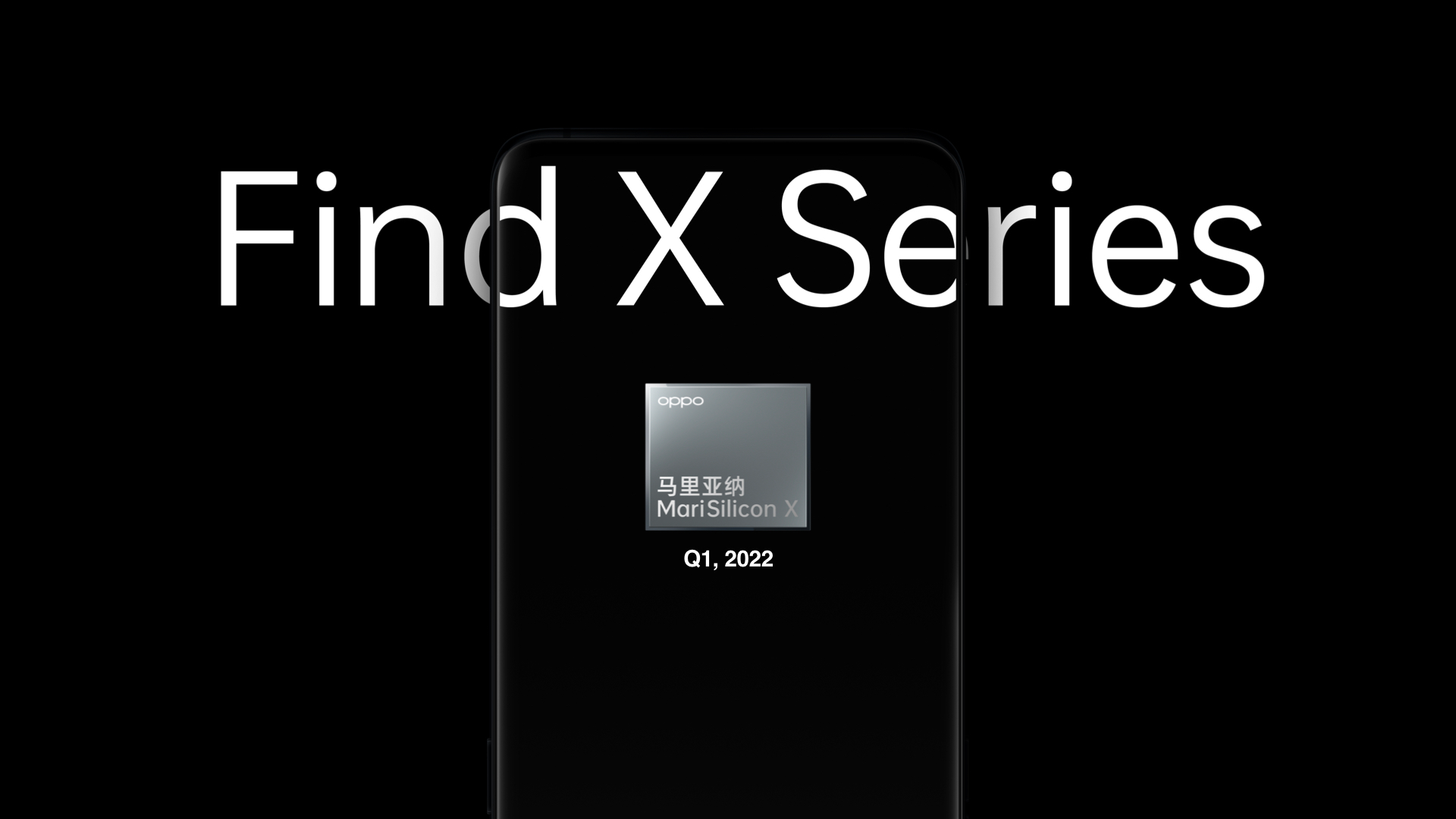Oppo Find X4 could be one of the best camera phones thanks to this new chip
The MariSilicon X NPU

Sign up for breaking news, reviews, opinion, top tech deals, and more.
You are now subscribed
Your newsletter sign-up was successful
We're used to premium Oppo phones being fantastic photography tools, and we already know one thing that could set the Oppo Find X4 above its competition as a top-spec camera phone.
At the company's Inno Day 2022, an annual event in which it shows off its latest tech innovations, one of the things discussed was the MariSilicon X neural processing unit (NPU).
This is a chip that Oppo has designed that provides lots of extra AI power, mainly used for camera functions. Lots of Oppo's unveiling was chock-full of tech jargon, but there are a few key takeaways that could make the MariSilicon X a useful addition to phones.
- We've tested the best Oppo phones
- Check out our Oppo Find X3 Lite review
- The Samsung Galaxy S22 is coming soon too
Firstly, the chip is very power efficient - Oppo says it's the best in its class for conserving energy - which means when your mobile is doing an AI-intensive task, like optimizing a photo you just took, it won't drain as much power.
The MariSilicon X will speed up AI camera tricks in general, and that's set to be most noticeable for AI processing on 4K video - Oppo says the chip will process 20x as many frames per second, with half the power consumption it'd otherwise take, which should make optimized video much easier to shoot.
There are other video tricks too - you'll be able to shoot in 4K in night mode, capture 20-bit RAW (so videos with loads of color data, useful for editors and color graders) and lossless RAW that doesn't lose detail just because it's shot on mobile.
So when could we test a phone using the NPU? Oppo confirmed it'd launch with the Find X series in 2022 - the company didn't name a phone, but that's almost definitely the Find X4 - and the wording of the company's response suggests it could come to other mobiles too.
Sign up for breaking news, reviews, opinion, top tech deals, and more.
Analysis: useful for professionals, not everyone else
If you have no idea what RAW is, don't understand the importance of 20-bit color, and don't know what's being lost in lossless shooting, the benefits of the MariSilicon X won't really affect you at all.
The chip ensures you'll be able to collect loads of data using the cameras, which will be fantastic for people who like to take their captured photos and videos into an edit software before sharing them with the world.
In particular, the chip will be useful for professionals who like to spend ages tinkering with a color grade, or fiddle with a shoot's crop in post-processing.
If you just want to take Insta-worthy selfies, portraits and other shots, and want to be able to capture them from your phone and throw them onto the web quickly, you probably don't need a MariSilicon X phone. Your average handset is probably just fine for that, especially if you download a free editing app (or just use the built-in tools in many social media platforms).
But it's likely we'll see the MariSilicon X used in the Oppo Find X4 Pro - the Find X3 Pro was the one of its generation with the cool tools, after all - and that Pro literally stands for 'professional'. Only people who make money from photos or videos, really need the extra functionality the new NPU brings.

Tom Bedford is a freelance contributor covering tech, entertainment and gaming. Beyond TechRadar, he has bylines on sites including GamesRadar, Digital Trends, WhattoWatch and BGR. From 2019 to 2022 he was on the TechRadar team as the staff writer and then deputy editor for the mobile team.